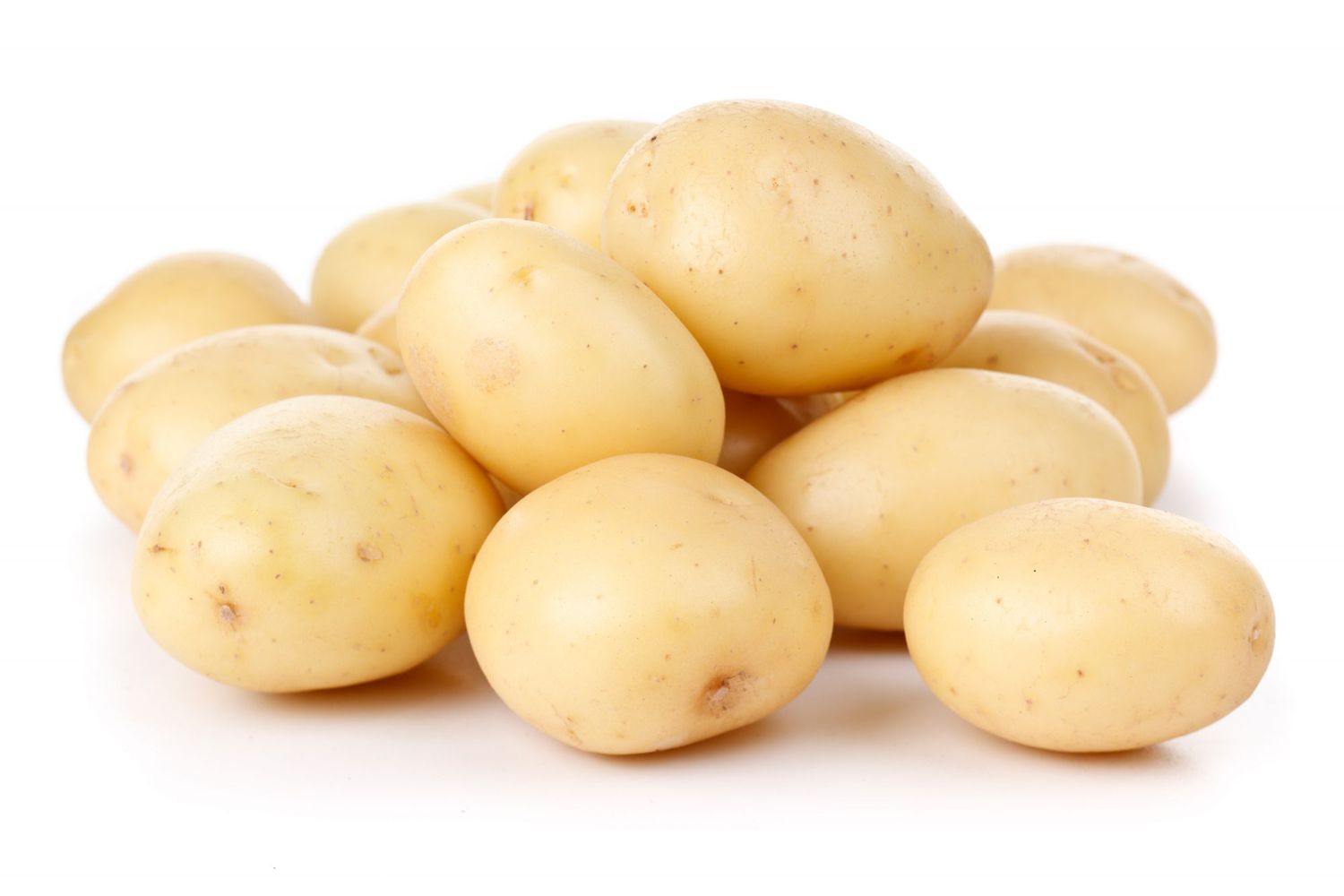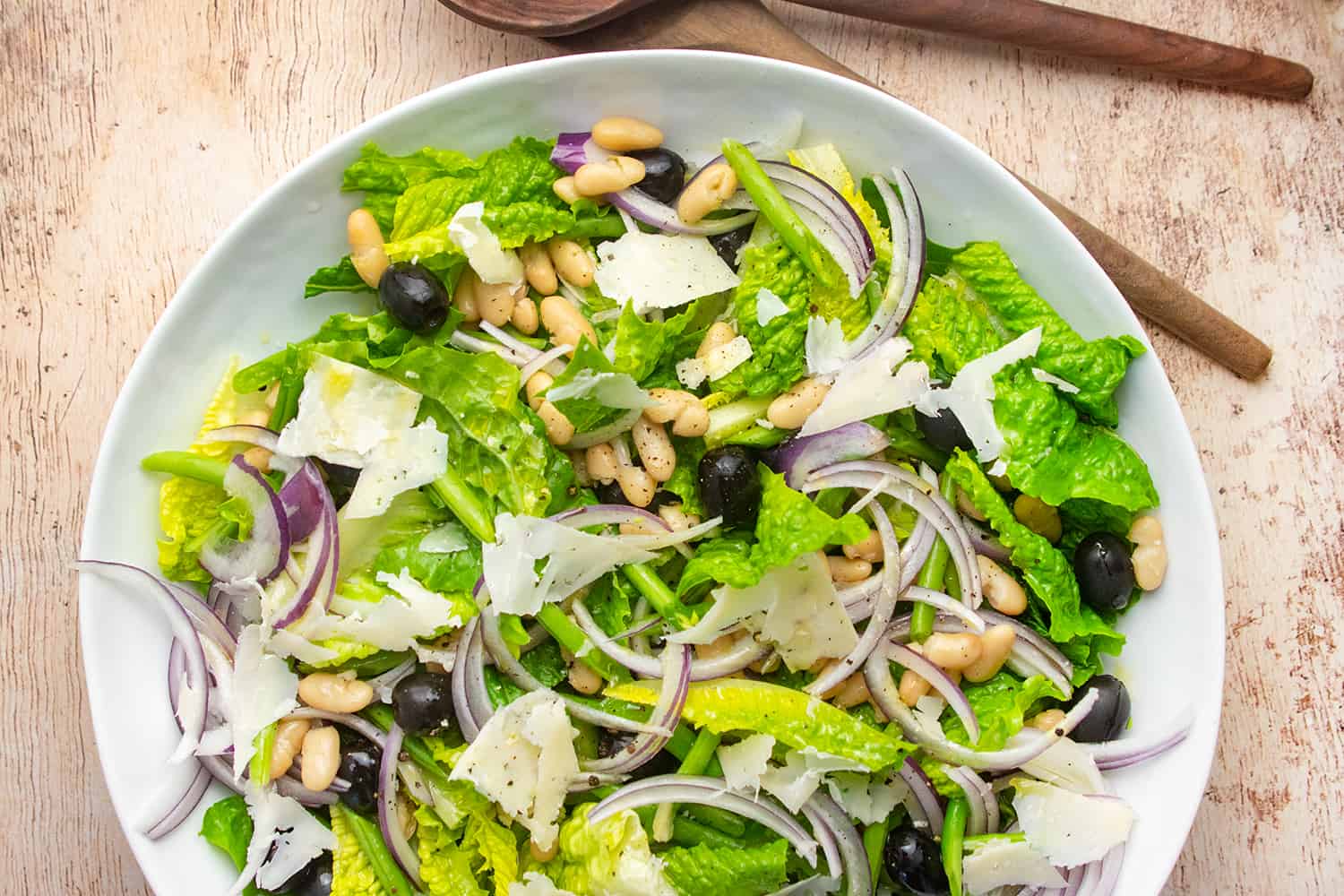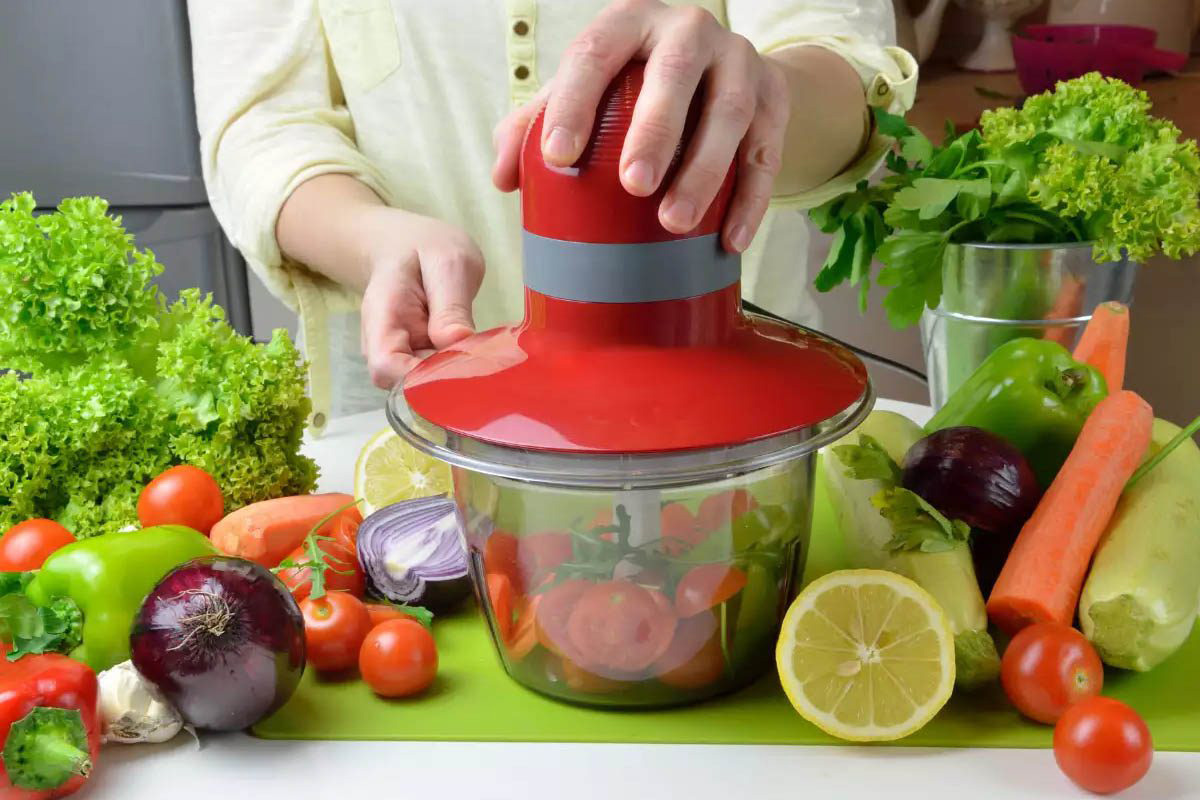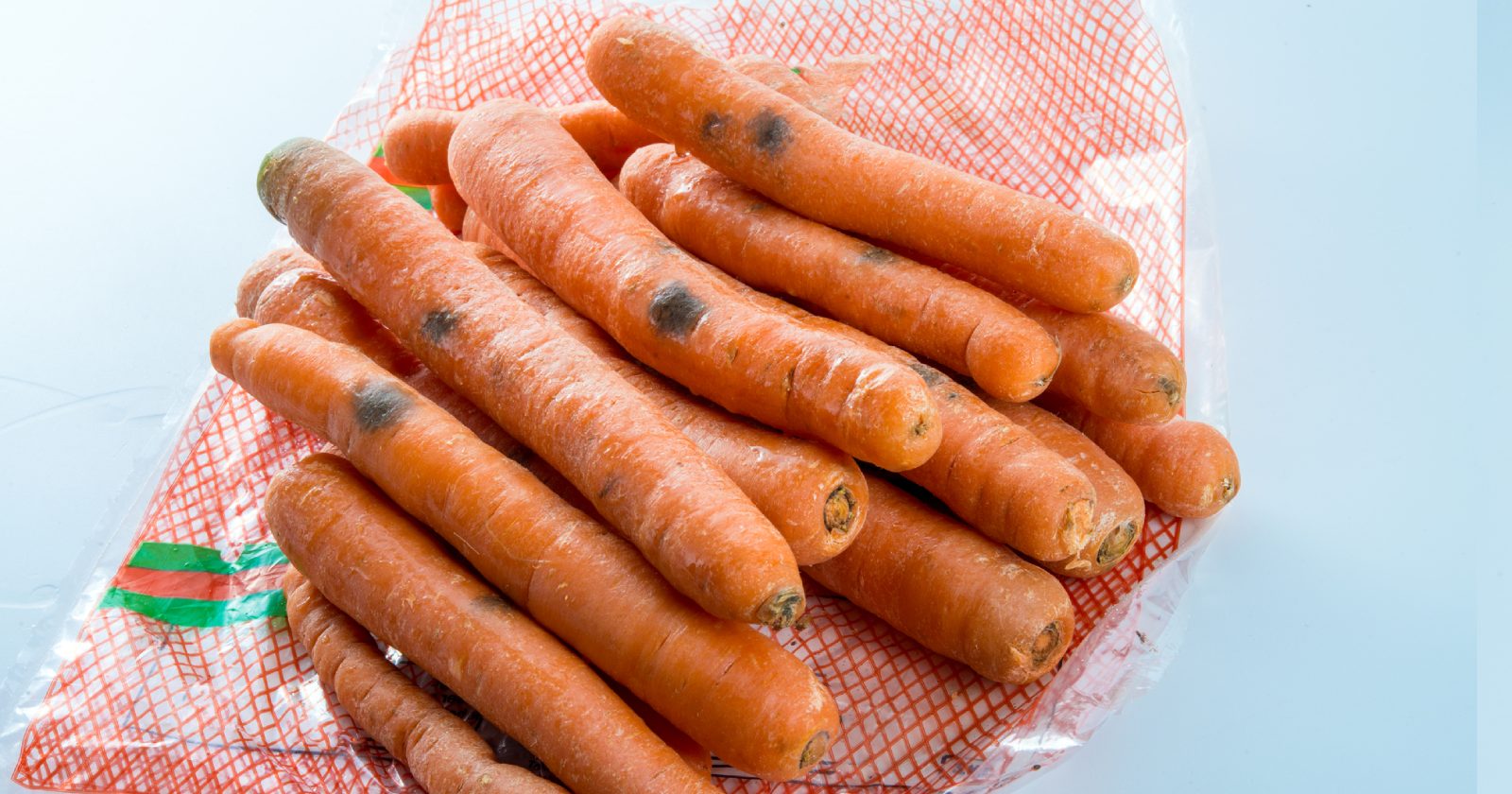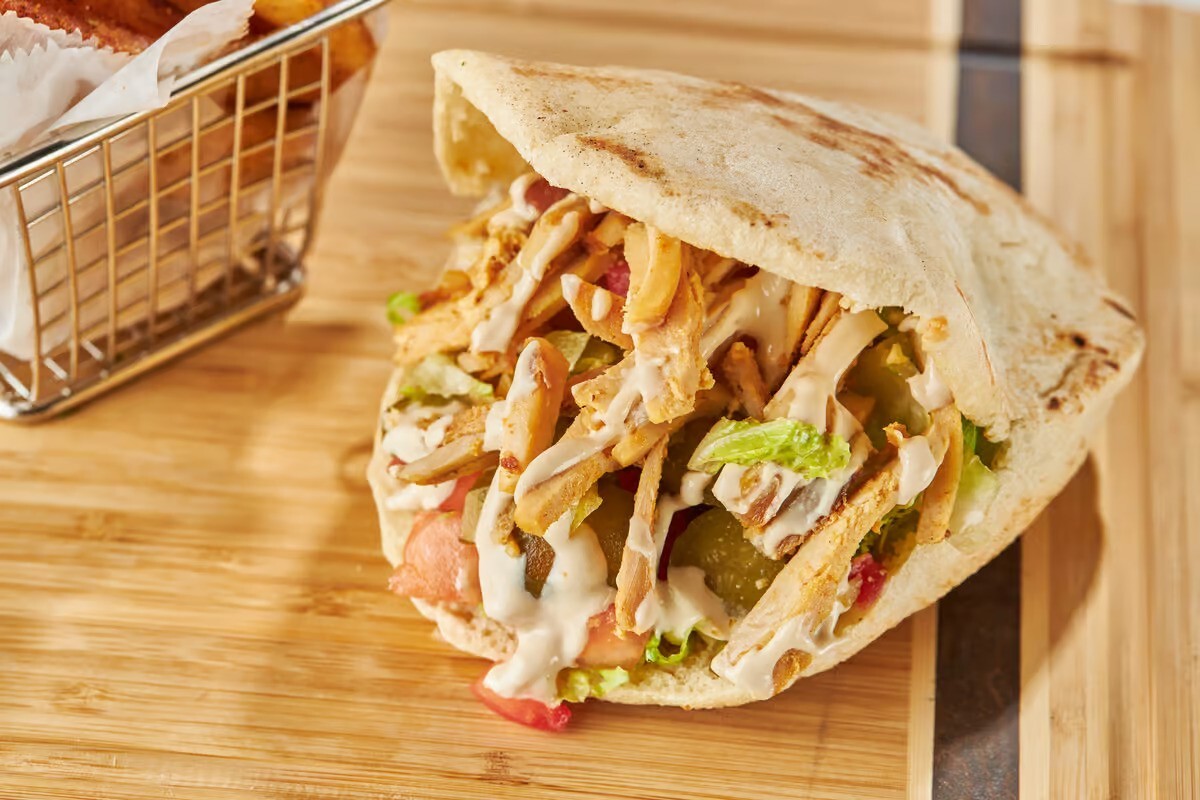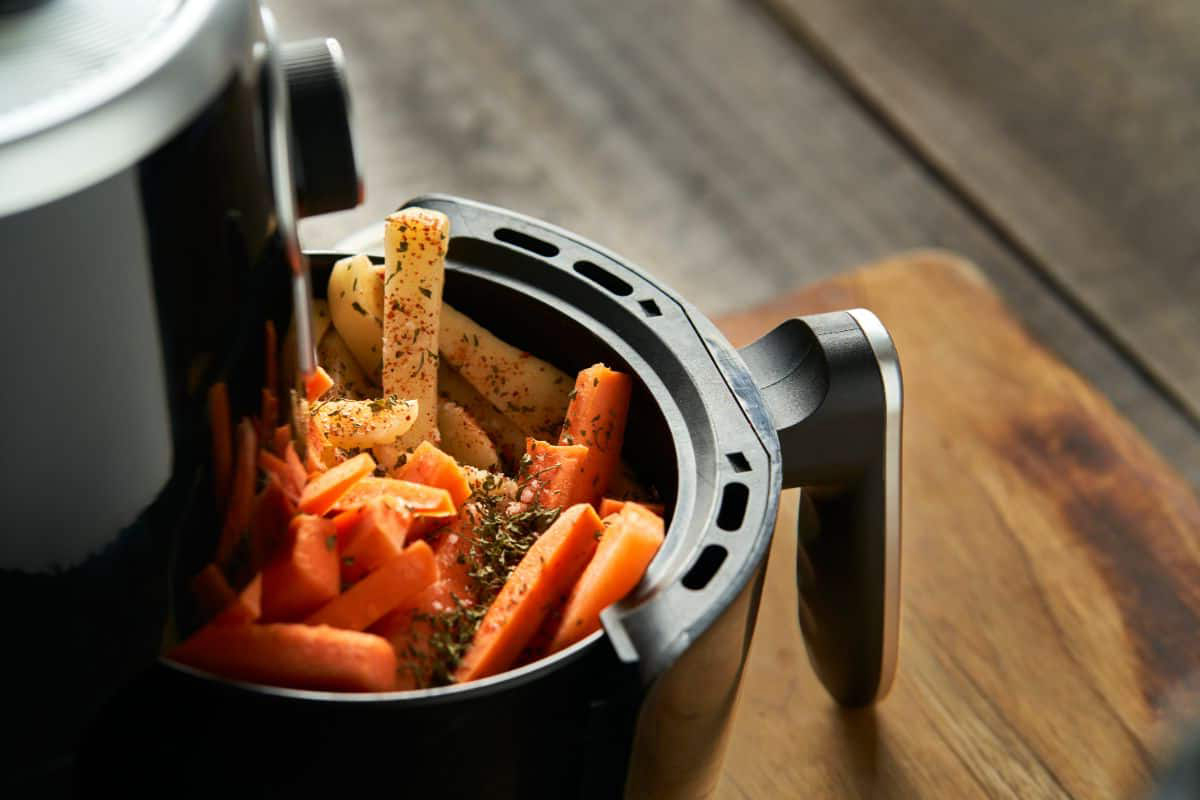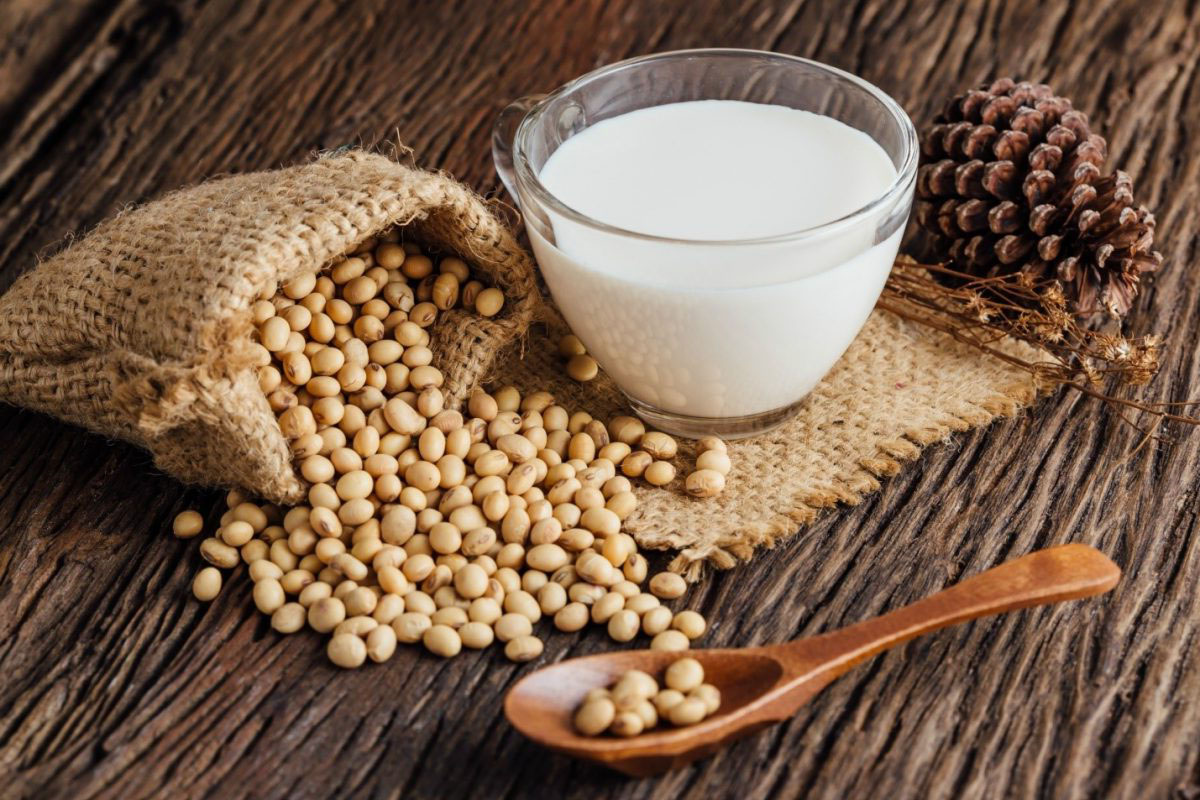Understanding Vegetable Oil: A Versatile and Essential Ingredient
Vegetable oil is a staple in most kitchens, used for a wide variety of cooking and baking purposes. But what exactly is vegetable oil, and why is it so commonly used? Let’s take a closer look at this versatile and essential ingredient.
What Is Vegetable Oil?
Vegetable oil is a type of oil that is extracted from various plants, such as seeds, nuts, or fruits. It is commonly used in cooking, frying, and baking due to its neutral flavor and high smoke point. The most common sources of vegetable oil include soybeans, sunflower seeds, canola seeds, and palm fruit.
Types of Vegetable Oil
There are several different types of vegetable oil available, each with its own unique characteristics and uses. Some of the most popular types include:
- Soybean oil: This oil is commonly used for frying and baking due to its mild flavor and high smoke point.
- Canola oil: Known for its neutral flavor and high levels of heart-healthy fats, canola oil is often used in salad dressings and for sautéing.
- Sunflower oil: With its light flavor and high smoke point, sunflower oil is ideal for frying and high-heat cooking methods.
- Olive oil: While technically a fruit oil, olive oil is often included in the category of vegetable oils. It is prized for its rich flavor and is commonly used in salad dressings and for low-heat cooking.
Uses of Vegetable Oil
Vegetable oil is an incredibly versatile ingredient with a wide range of uses in the kitchen. Some common uses include:
- Cooking: Vegetable oil is often used for sautéing, frying, and stir-frying due to its high smoke point and neutral flavor.
- Baking: Many baking recipes call for vegetable oil to add moisture and texture to cakes, muffins, and other baked goods.
- Salad dressings: Some salad dressings and vinaigrettes use vegetable oil as a base for its light, neutral flavor.
- Marinades: Vegetable oil is often used as a base for marinades, helping to tenderize and flavor meats and vegetables.
Health Considerations
While vegetable oil is a common ingredient in many kitchens, it’s important to consider the health implications of using different types of vegetable oil. Some vegetable oils, such as olive oil and canola oil, are high in monounsaturated fats, which are considered heart-healthy. On the other hand, oils high in saturated fats, such as palm oil and coconut oil, should be used in moderation.
When using vegetable oil in cooking, it’s important to consider the smoke point of the oil. Heating oil past its smoke point can create harmful compounds and a burnt flavor. For high-heat cooking methods, such as frying, it’s best to use oils with high smoke points, like peanut oil or sunflower oil.
Conclusion
Vegetable oil is a versatile and essential ingredient in the kitchen, with a wide range of uses in cooking, baking, and beyond. By understanding the different types of vegetable oil and their uses, as well as considering the health implications, you can make informed choices about which oils to use in your culinary creations.
Whether you’re frying up a batch of crispy chicken or baking a batch of chocolate chip cookies, vegetable oil is sure to play a key role in bringing out the flavors and textures of your favorite dishes.
Was this page helpful?
Read Next: What Is The Best Way To Cook Asparagus

